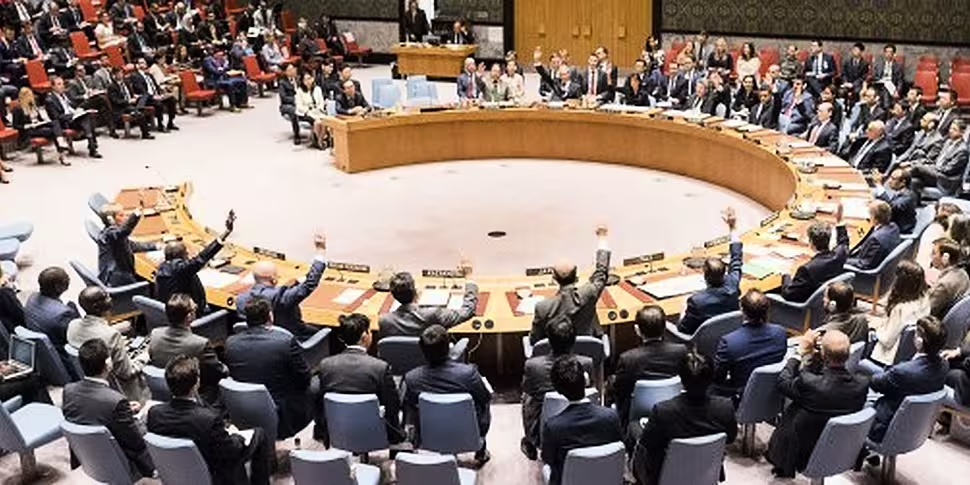North Korea has been hit by a new set of United Nations sanctions following the country's latest nuclear test on September 3rd.
The sanctions target gas and oil imports and ban textile exports from the secretive state, as well limiting the number of foreign workers it can send abroad.
The resolution imposes a ban on condensates and natural gas liquids, a cap of two million barrels a year on refined petroleum products, and a cap on crude oil exports to North Korea at current levels.
China supplies most of North Korea's crude.
In order to ensure the support of Russia and North Korea's only major ally China, western diplomats had to weaken parts of the resolution, including freezing the assets of leader Kim Jong Un.
US Ambassador to the UN Nikki Haley said: "these are by far the strongest measures ever imposed on North Korea.
"Today we are saying that that the world will never accept a nuclear armed North Korea."
Speaking on the 16th anniversary of the 9/11 attacks she said: "We will never forget that those who have evil intentions must be confronted."
The unanimous decision was a response to North Korea's latest nuclear test, and is the latest in a long string of sanctions against the secretive state.
North Korea had warned the United States would pay a "due price" if it succeeded in pushing harsher sanctions through the UN.









